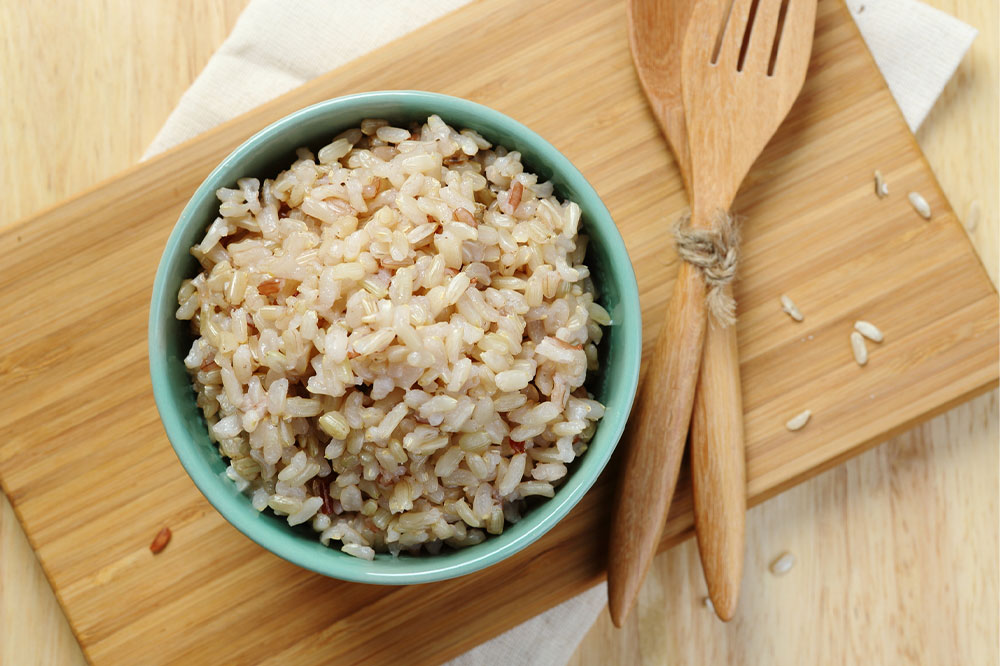Essential Insights into Rheumatoid Arthritis: Causes, Symptoms, and Treatments
This article provides a comprehensive overview of rheumatoid arthritis, covering its causes, symptoms, stages, and treatment options. Emphasizing lifestyle management, medication, and diet, it offers essential insights for those affected by the condition. Always consult healthcare professionals for personalized advice and treatment plans.

Understanding Rheumatoid Arthritis: Causes, Symptoms & Management
Rheumatoid arthritis (RA) is an autoimmune condition where the immune system attacks healthy joint tissues, leading to inflammation, swelling, and pain. Without treatment, it can cause cartilage damage, joint instability, and mobility issues over time. Around 1.5 million individuals in the country suffer from RA, predominantly women aged 30 to 60, though men can also be affected. The exact cause remains unknown, but genetic, hormonal, and environmental factors play roles in triggering the immune response, especially among those with a family history.
Contributing factors include exposure to infections, obesity, psychological or physical trauma, and environmental toxins. Symptoms primarily involve joints but may extend to various organs, manifesting as morning stiffness, joint pain, tenderness, swelling, and stiffness. The disease can also cause vision issues, skin nodules, breathing problems, nerve damage, and anemia, depending on severity.
Rheumatoid arthritis progresses through several stages:
Stage 1: Pain, swelling, and stiffness without bone damage.
Stage 2: Synovial inflammation leads to cartilage erosion.
Stage 3: Damage to cartilage and bones, increased pain, and mobility loss.
Stage 4: Severe joint destruction and possible bone fusion (ankylosis).
Effective management focuses on controlling inflammation, alleviating symptoms, preventing joint and organ damage, and reducing long-term risks. Treatment options include:
NSAIDs for pain relief
Corticosteroids for short-term inflammation control
DMARDs and biologics to slow disease progression
Surgical interventions for advanced joint damage, such as joint replacement surgeries in hips, knees, ankles, shoulders, elbows, or wrists.
Diet plays a crucial role in managing RA. Incorporate anti-inflammatory foods like fatty fish (salmon, sardines), colorful fruits and vegetables (blueberries, spinach, broccoli), nuts (walnuts, almonds), and beans (pinto, black). Avoid processed, salty, fatty, and sugary foods to minimize inflammation. Monitoring salt intake is especially important.
Note: This article provides general information. Consult your healthcare professional before initiating any treatment or lifestyle changes to address rheumatoid arthritis.










